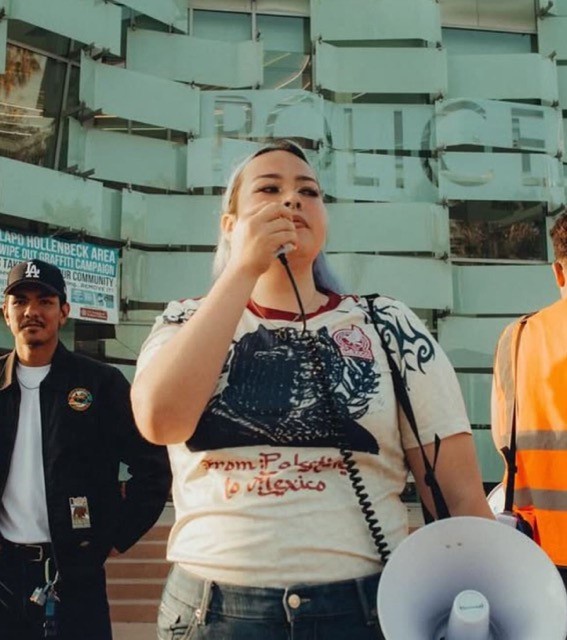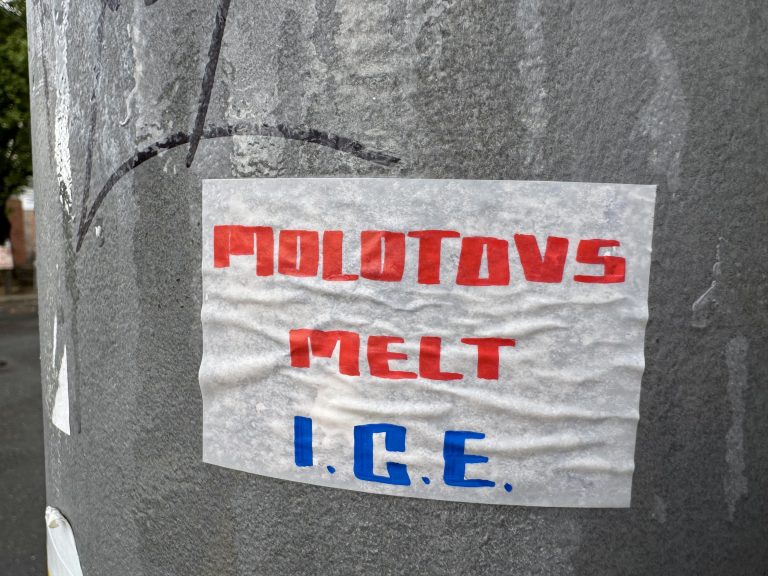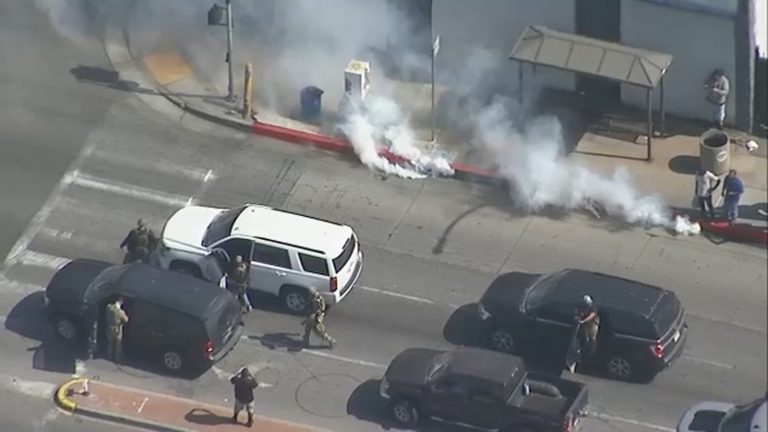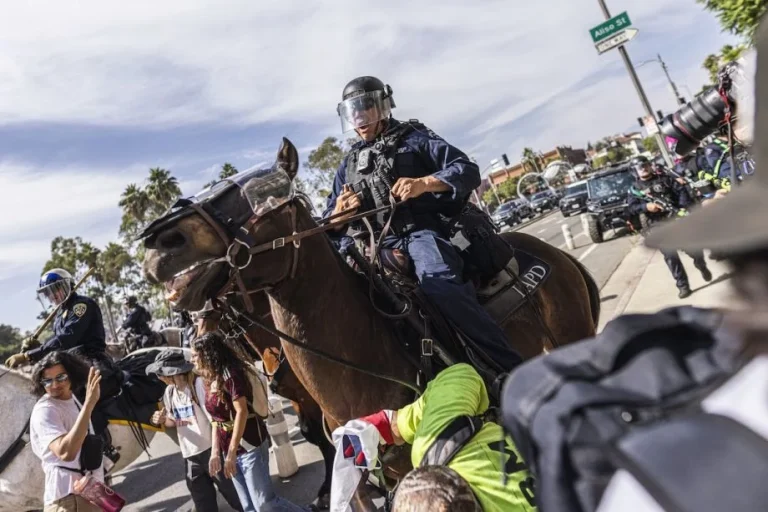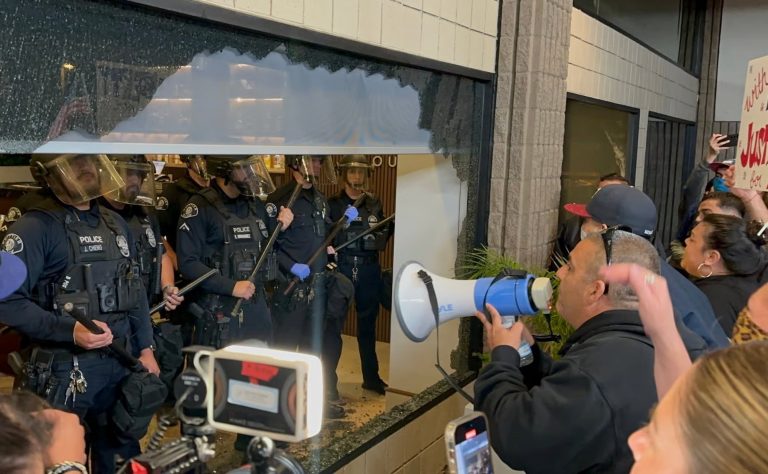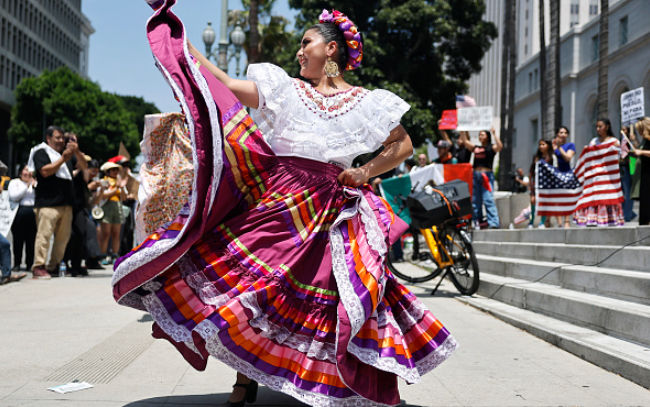FBI Ambushes Immigrant Rights Activist Verita Topete In Los Angeles
Los Angeles, CA – On Thursday, June 26, Verita Topete, an immigrant rights activist with Centro CSO, was ambushed by the FBI while walking her dog at a park. Federal agents aggressively approached her to serve a warrant and force her to give them her phone.
Topete has been very actively and publicly fighting back against the ICE raids that have terrorized Los Angeles and surrounding cities since the raids began spreading on June 6.
Topete helped lead protests and marches against deportations and demanding legalization for all. She has led barrio walks to inform people of their rights and has helped individuals defend themselves from being kidnapped by ICE and collaborating agencies.

